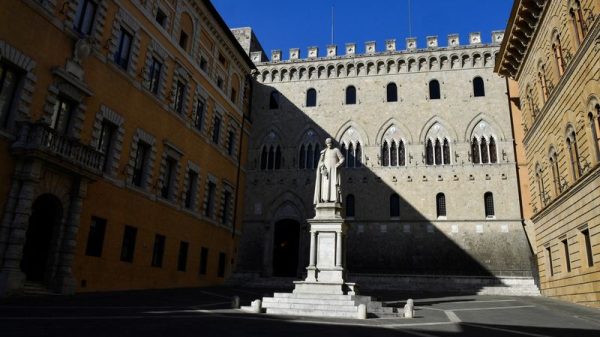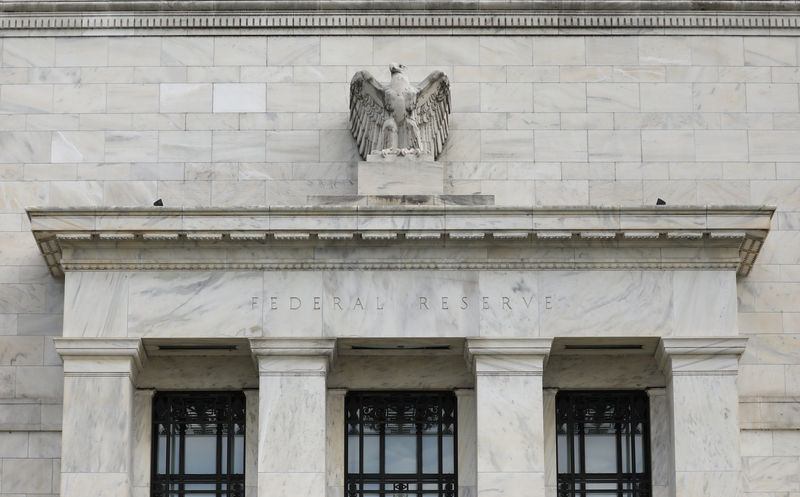Investing.com — The recent wave of stronger-than-expected economic data has cast doubt on the rate cut path ahead, but these worries are overdone, Evercore ISI says, and there is strong case for two further cuts this year as the Fed seeks to preserve a strong labor market.
“We think the market wobbles over November and December Fed rate cuts are overdone. November looks rock solid to us at present, and December looks strongly odds-on though necessarily not watertight with more time to accumulate data,” Evercore ISI analysts said in a Friday note.
The Federal Reserve will likely cut rates in both November and December, analysts at Evercore ISI said in a Friday note, bringing the federal funds rate down to a range of 4.25% to 4.5%.
The call for a November and December rate cut comes even as recent strong economic data, including retail sales and unemployment claims, led some market participants to question whether the Fed is likely to pause at upcoming meetings.
But Evercore ISI believes that the Fed is unlikely to swayed by the recent data as the central bank’s primary focus is on moving rates back to a “more neutral setting to maintain a robust labor market as inflation returns to target.”
The current level of rates, meanwhile, remain at levels that continue to curb growth and inflation.
Real rates remain significantly elevated compared with “mainstream views of what a neutral setting might look like even in the short run,” the analysts said.
“So we think there is a strong bias to move steadily to cut twice more at successive meetings down to 4.25 to 4.5 per cent after December before considering slowing down,” they added.
Looking ahead to 2025, Evercore ISI revised its growth forecast upward amid expectations for a boost from the carryover effect of increased fiscal resources and an expected rebound in credit growth.
While the first leg of rate cuts this year is seemingly on a more certain footing, the second leg of rate cuts will be executed with more caution.
“[T]he more nuanced judgments will come in the second leg from 4-4.5 per cent to 3-3.5 per cent, when the Fed will learn more about neutral and will have to factor in how to remain dynamically well positioned including with respect to Trump policy shocks if Trump wins,” the analysts said.




























